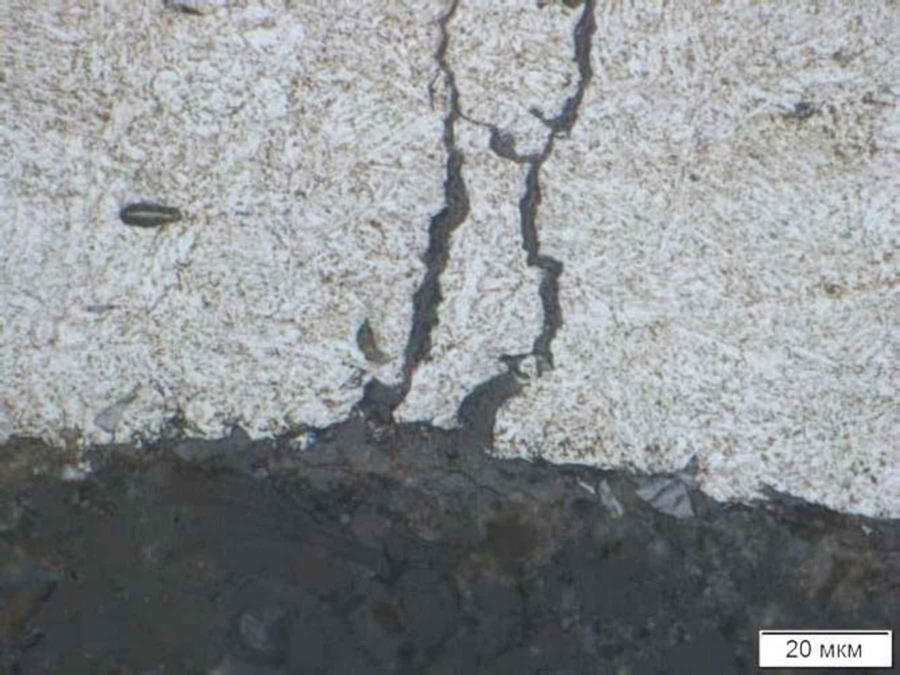PNIPU has discovered a method to enhance the durability of oil extraction pumps.
The article was published in the journal "Black Metals". The research was conducted as part of the strategic academic leadership program "Priority 2030".
Up to 75 percent of all pump rod failures occur due to the destruction of the connecting thread. The cause lies in the high loads on this area, which are exacerbated by metal corrosion, typically overlooked in strength calculations. According to scientists, the solution to this issue involves the local strengthening of the material of the components.
Carbon and low-alloy steels are usually used in well equipment, requiring manufacturers to purchase the material in the form of thermally treated pump rods (steel cylindrical bars), which they must then cut themselves, as metallurgical enterprises do not deliver products in the necessary timeframes and volumes. This significantly increases the cost of manufacturing pump components.
Scientists from Perm Polytechnic University, in collaboration with the leading machine engineering enterprise in Perm, JSC "ELKAM-Neftemash", have developed a technology for strengthening rods using induction heat treatment. They used corrosion-resistant steel 40Х as the material.
Compared to other processing methods, the technique developed by the scientists at PNIPU ensures rapid heating, high productivity, enhanced mechanical properties, energy savings, and low production costs. This method implements three to four strengthening mechanisms simultaneously.
“We produced five series of steel samples, differing in thread type and undergoing induction heat treatment at various temperatures. They were then subjected to fatigue tests to determine how long they could withstand cyclic loads. The parts were rotated using a special machine at a frequency of about five Hz, creating alternating tension and compression in the thread of the product,” explains Yuri Simonov, head of the "Metallurgy, Thermal and Laser Processing of Metals" department at PNIPU, Doctor of Technical Sciences.

“The best results were demonstrated by samples treated with a quenching temperature of 850 °C followed by heating at 400 °C. Samples made under the same conditions with tempering at 600 °C showed nearly identical durability. Those with rolled threads performed slightly worse than the cut-thread samples,” says Stanislav Moltsen, a graduate student at the "Metallurgy, Thermal and Laser Processing of Metals" department at PNIPU and quality director at JSC "ELKAM-Neftemash".
The implementation of the developed rod strengthening technology will not only reduce the likelihood of component failure but also enhance the durability of rod deep pumps. According to calculations by scientists at Perm Polytechnic University, this could lower the production cost of just one type of component by 2.2 million per year and increase the overall profitability of products by 2.5 percent.